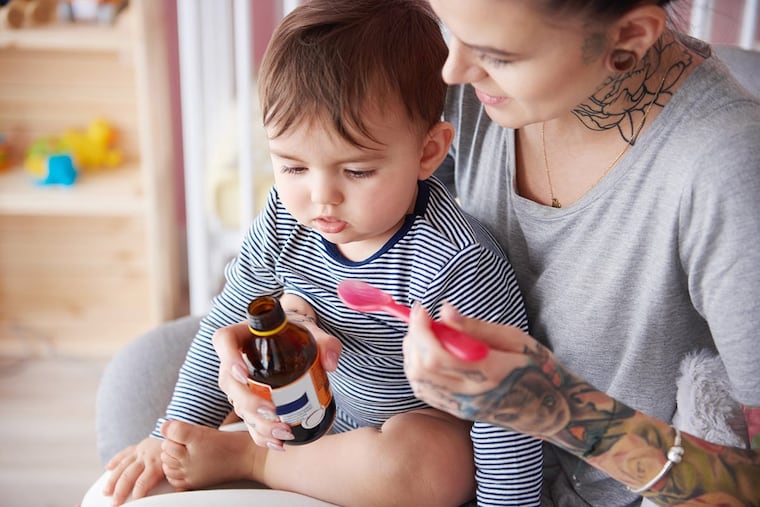Why codeine doesn't belong in children's medications
The FDA is requiring new safety labeling changes for prescription cough and cold medicines containing codeine or hydrocodone. They will no long be recommended to treat any pediatric population and will be labeled for use only in adults aged 18 years and older.

The U.S. Food & Drug Administration made it clear again last week that codeine and other opiates in prescription cough medications should not be used for children. The FDA is requiring new safety labeling changes where these products will no longer be indicated for use to treat cough in any pediatric population and will be labeled for use only in adults aged 18 years and older.
Just last April, the FDA required a contraindication, its strictest warning, for prescription codeine and tramadol medicines. The contraindication warns not to give these products to children under 12 due to their faster metabolisms. Over the last 20 years, use of opiates in children has become rare even in very severe diseases, such as sickle cell and cancer, where they are sometimes necessary.
But in my 40 years working with children, these precautions are a total reversal of everyday practice of primary care pediatrics. With more grandparents and older relatives taking care of young children, these caretakers expect the care their children had one or two generations ago when taking them to acute medical appointments.
When my family had a corner store in the 1950s, we sold both codeine cough medicine and paregoric, opium teething medicine, without a prescription. Spreading opium on babies' gums stopped them from whining, but it also stopped them from doing much of anything as they were sound asleep. No one thought about the potential harm.
As a new doctor 40 years ago, I partnered with a physician 20 years older than me, and he handed out large amounts of dextromethorphan (Robitussin DM), promethazine (Phenergan), and codeine for cough and colds because that was the standard of care at that time.
Floyd Nasuti, MD, who died this past Christmas season, was a wonderful doctor who read the literature carefully and always kept up-to-date. He never gave out unnecessary antibiotics as many of his contemporaries did and did not contribute to the current massive antibiotic resistance. Starting in 1980, we stopped prescribing codeine and other opiates in prescription cough medications as they were shown to cause more potential problems than actual improvement. But the parents of those children were thinking about absolutely stopping coughs and runny noses as if that was the most important thing the doctor could do. Those parents of that era are often the caretakers of our children now.
We now know that cold and cough medications are:
Addictive if overused and addictive after a single appropriate use in some people.
Not nearly as effective as we thought for cold symptoms and coughs, as they mainly worked by knocking the child out.
Presented paradoxical results in some such as hyperactivity, severe constipation, seizures, nightmares, and many others.
Even still, many caretakers of all ages expect some medication when they come to the doctor and being a therapeutic nihilist—trying not to use medicine unless safe and absolutely required—this sometimes does not go over well. I usually say to the caretaker that if the child's symptoms make the caretaker uncomfortable, then maybe the caretaker should take the medicine. Usually, it will just take time for these symptoms to go away.
Twenty plus years of warning about opiates have not stopped their use in children, but with the new FDA required labeling and if we keep warning parents about their use, maybe we can stop it now.